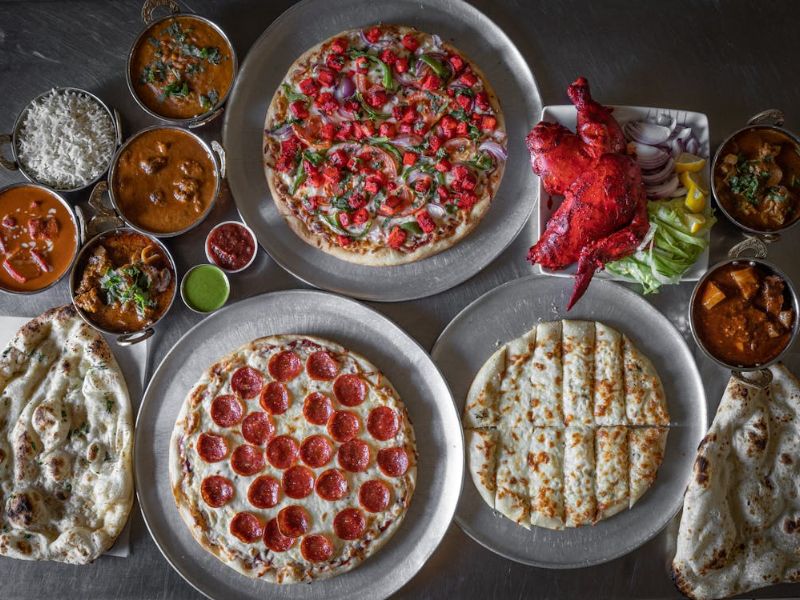There’s no denying that we all have different taste preferences, whether it’s adding hot sauce to everything we eat or requesting mild sauce on the side. Despite the frustration of taming a dish for a dinner guest or asking for a less-spicy option at a restaurant, new research may explain why we are not used to eating spicy food.
More than just your culture, taste buds, or childhood exposure determines what foods you like and dislike. Science says it’s a matter of genetics.
Scientists discovered hundreds of genetic variants linked to specific foods, including some that affect how you react to oily fish, avocados, chiles, etc.

Image Credit: Pexels/Alberta Studios
Researchers from the University of Edinburgh studied responses from more than 160,000 participants in the UK Biobank regarding their likes and dislikes of 139 different foods and beverages. To find out whether certain genetic traits influenced food groups or flavors, participants filled out questionnaires, and researchers used genetic information.
It includes genetic factors that make people prefer high-calorie foods, like meat, dairy, and sweets. A genetic component was also associated with those who liked strong-tasting foods, like alcohol and aromatic vegetables (acquired). Those with fruit and vegetable preferences (low calorie) belong to another genetic group.
People who enjoy strong-tasting foods have lower cholesterol levels and higher physical activity but are more likely to drink alcohol or smoke. The genetic predisposition towards physical activity was higher among those who consumed more fruits and vegetables.

Image Credit: Pexels/Chan Walrus
It does appear that genetically predisposed individuals do not necessarily like all vegetables. It is harder to enjoy salad vegetables, cooked vegetables, and stronger-tasting vegetables like spinach and asparagus.
It’s not always easy to control our food preferences. At some point, this study may offer insight into how to change people’s diets to attain specific health goals, but you can now use it as an excuse to avoid changes in your taste preferences. This research may eventually lead to ways to help people achieve specific health goals through changing their diet, but in the interim, it’s a great thing to use when your taste preferences interfere with health.